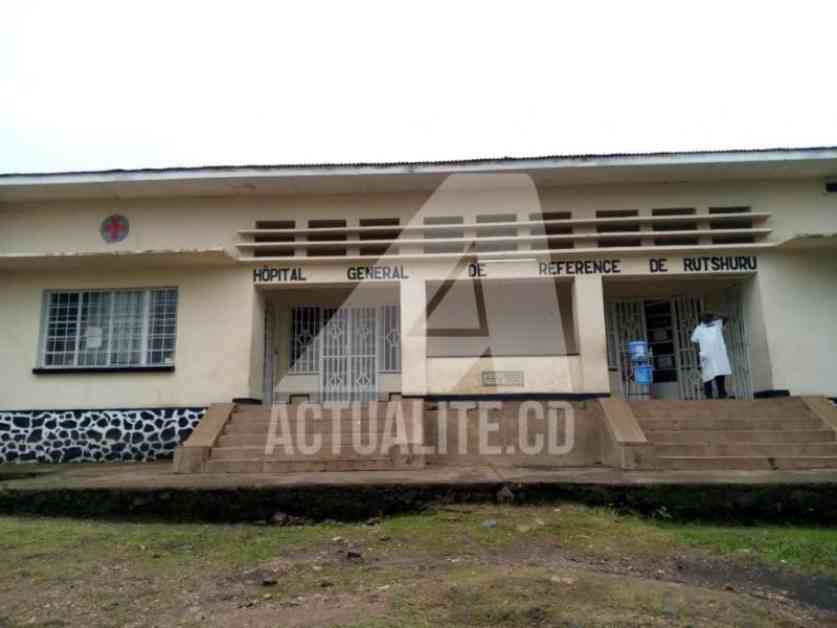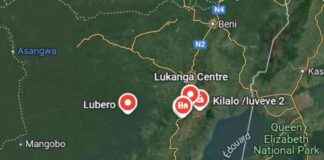Health Crisis in Nord-Kivu Amidst Military Clashes
The medical organization Médecins Sans Frontières recently highlighted the worsening health situation in Goma, located in the Nord-Kivu province. An assessment conducted from February 19th to 20th, 2025, revealed that out of the 47 health facilities evaluated in Nord Kivu, 34 were adversely affected by the ongoing clashes between the Armed Forces of the Democratic Republic of the Congo (FARDC) and the M23 rebel group.
Witnessing the aftermath of these violent attacks, humanitarian workers are sounding the alarm on the overwhelmed state of the six main hospitals in Goma, which are supported by various humanitarian partners. As of February 14th, a staggering 3,082 injured individuals have been admitted to different health facilities, with 842 recorded fatalities in the health zones of Goma, Karisimbi, and Nyiragongo.
Furthermore, these medical facilities are now facing the imminent threat of running out of essential medications, raising concerns about the ability to provide adequate care to the growing number of casualties. The Ministry of Health, in collaboration with the National Blood Transfusion Center (CNTS), has announced the completion of packaging 1,200 units of blood out of the expected 5,000, intended to support the wounded in the conflict-affected areas of Goma, Bukavu, and Uvira.
Amidst this dire situation, the United Nations organizations have disclosed that the ongoing conflicts in the eastern region of the Democratic Republic of the Congo have resulted in over 400,000 displaced individuals since the beginning of the year.
Challenges Faced by Health Facilities
The escalating violence in Nord-Kivu has placed an immense strain on the healthcare system, with medical facilities struggling to cope with the influx of injured patients. The limited resources, coupled with the constant threat of attacks, have created a challenging environment for healthcare workers attempting to provide lifesaving treatment to those in need.
Dr. Sarah Johnson, a medical coordinator with Médecins Sans Frontières, emphasized the urgent need for additional support to ensure that the health facilities in Nord-Kivu can continue to function effectively amidst the ongoing crisis. “The situation on the ground is critical, with medical supplies running low and healthcare workers working tirelessly to save lives,” Dr. Johnson stated.
Efforts to Address the Crisis
In response to the escalating health crisis, the Ministry of Health and the National Blood Transfusion Center have been working diligently to ensure that essential medical supplies, including blood products, are available to meet the growing demand. The packaging of 1,200 units of blood is a crucial step towards providing adequate care to the wounded in conflict-affected areas.
“It is imperative that we continue to support the healthcare workers on the front lines of this crisis,” remarked Dr. Michael Thompson, a public health expert. “Their dedication and resilience in the face of adversity are commendable, and it is our responsibility to provide them with the necessary resources to save lives.”
As the clashes between FARDC and the M23 rebels persist, the humanitarian community remains committed to alleviating the suffering of those affected by the violence. The collaboration between local and international organizations is crucial in ensuring that the healthcare needs of the population in Nord-Kivu are met during this challenging time.
The impact of the ongoing clashes on the health facilities in Nord-Kivu serves as a stark reminder of the urgent need for sustained support and resources to address the humanitarian crisis unfolding in the region. As the situation continues to evolve, it is essential for all stakeholders to work together to provide timely and effective assistance to those in need.

















